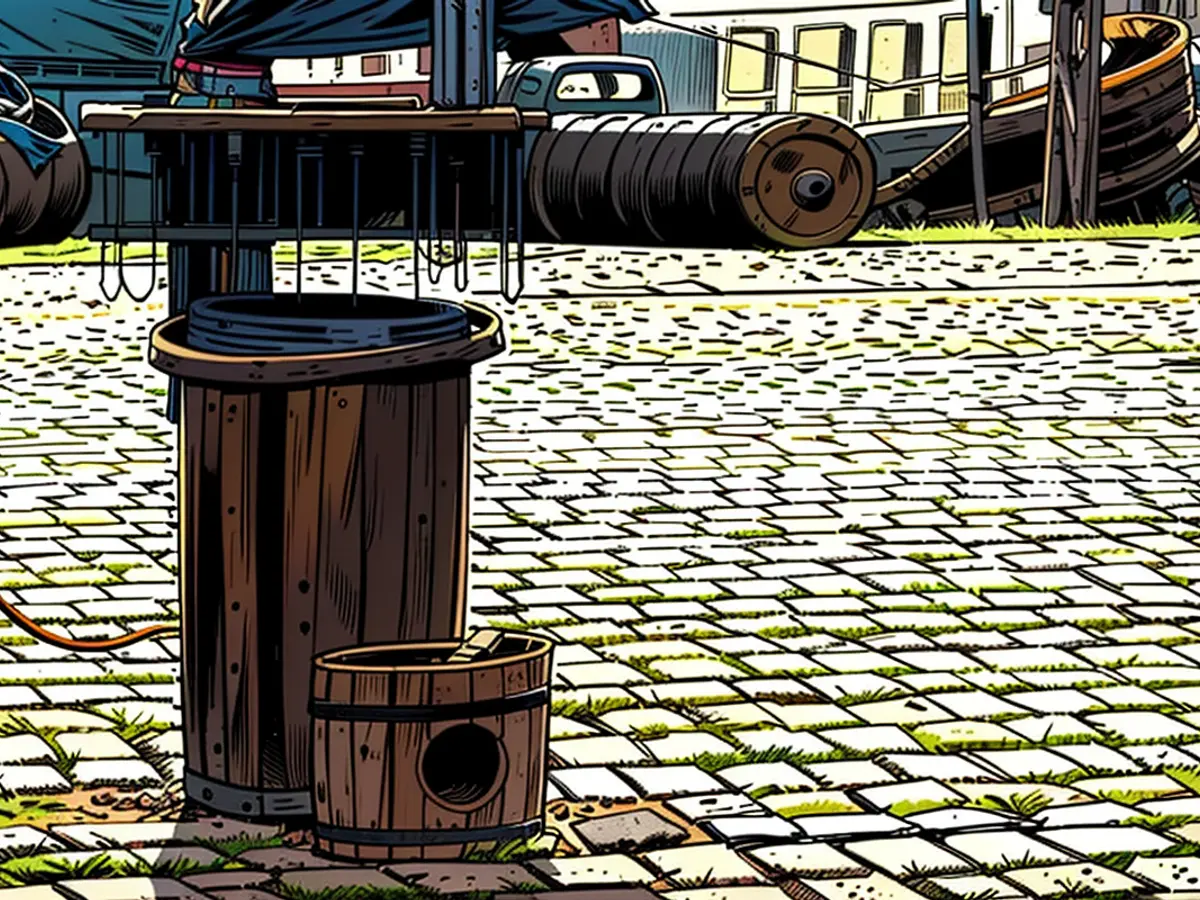Environmental protection in MV - Special buckets catch plastic waste in Rostock Harbor
supported are they by the Harbor and Seafarers' Office in Rostock.
"With PortBins, we can not only remove the current waste from the Warnow, but also collect valuable data, which help us find long-term solutions", says Mona-Maria Narra, project leader at the University of Rostock. For a year, the waste from the containers is therefore to be analyzed. Scientists from the University of Rostock and the IOW will then examine the quantities and types of waste as well as their origin.
Influence of Parties and Heavy Rain on Waste Input
The influence of parties in the Hanseatic City and heavy rain on waste input in the Warnow is also being analyzed. From this, measures are to be derived to minimize the entry of plastics into the rivers and ultimately into the seas. The experts want to develop strategies for waste prevention.
"This project complements our existing initiatives 'MeinHafenDeinHafen' and 'Water.Warnow.We'. We want to develop the city harbor for all visitors into an attractive public space", said the responsible Senator Chris von Wrycz Rekowski for the Harbor and Seafarers' Office.
The investigation is part of the project "Circular Ocean-bound Plastic", in which similar measures are being carried out simultaneously in partner cities in Poland, Denmark and Sweden. The goal is to improve the environmental conditions in the harbor cities around the southern Baltic Sea and to keep the Baltic Sea clean through joint efforts.
- The Harbor and Seafarers' Office in Rostock, Mecklenburg-Vorpommern, is supporting the PortBins project, which aims to reduce environmental pollution caused by Müll (waste or garbage) in the Warnow.
- The University of Rostock is collaborating on the analysis of waste from containers, focusing on the quantities, types, and origins of waste, particularly plastic waste, to develop long-term solutions for environmental protection.
- Ecologists are examining the impact of parties and heavy rain on waste input in the Warnow, aiming to devise strategies for waste prevention and minimizing the entry of plastics into rivers and ultimately the seas.
- The University of Rostock is participating in the Circular Ocean-bound Plastic project, which involves waste management initiatives in partner cities like Rostock, Poland, Denmark, and Sweden, with the goal of improving ecology and reducing environmental pollution in the southern Baltic Sea.








